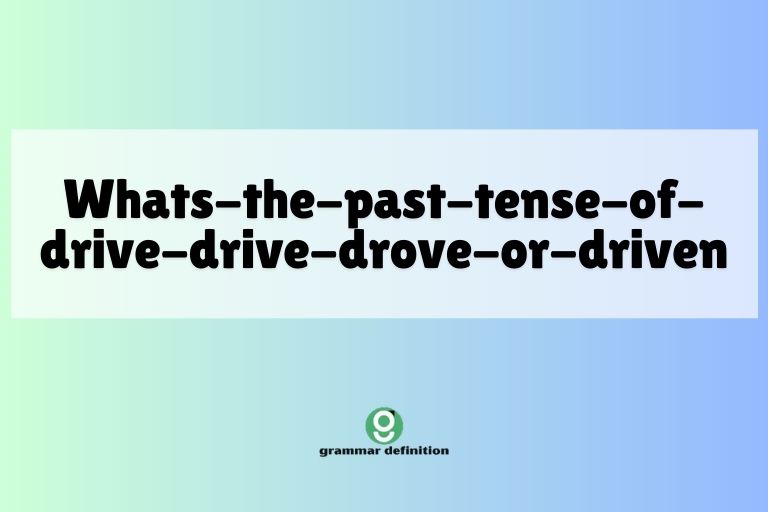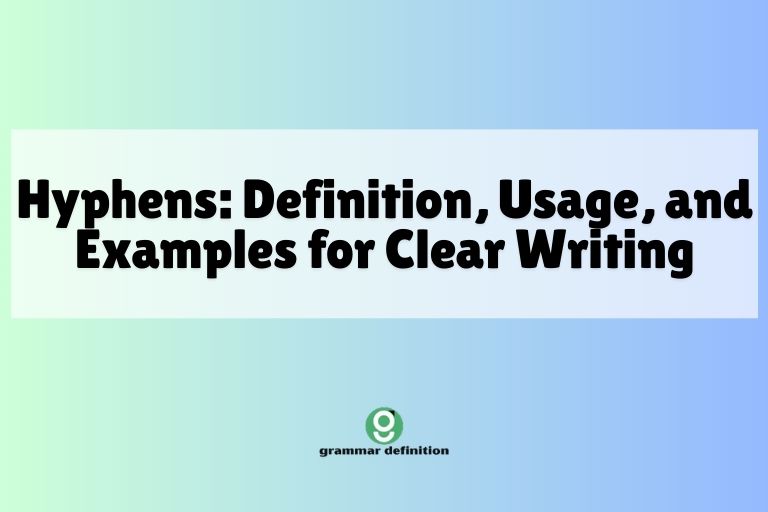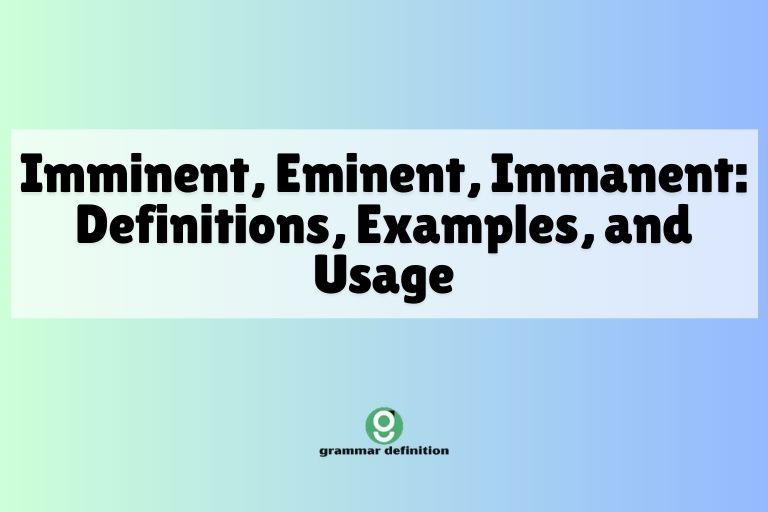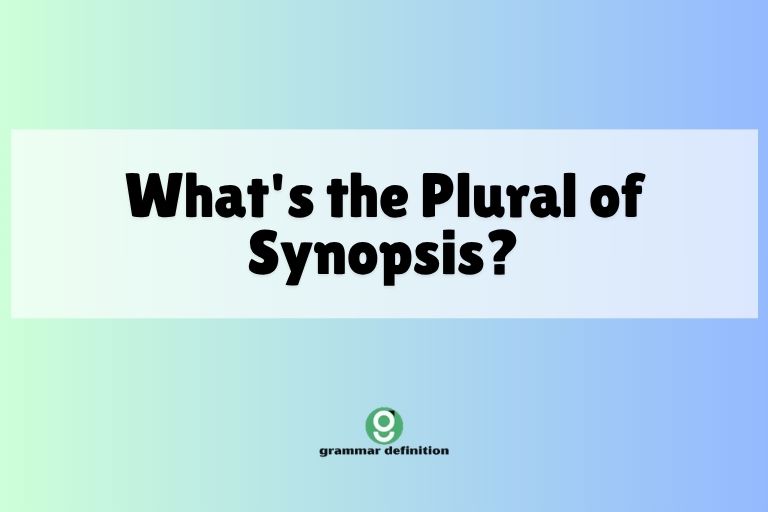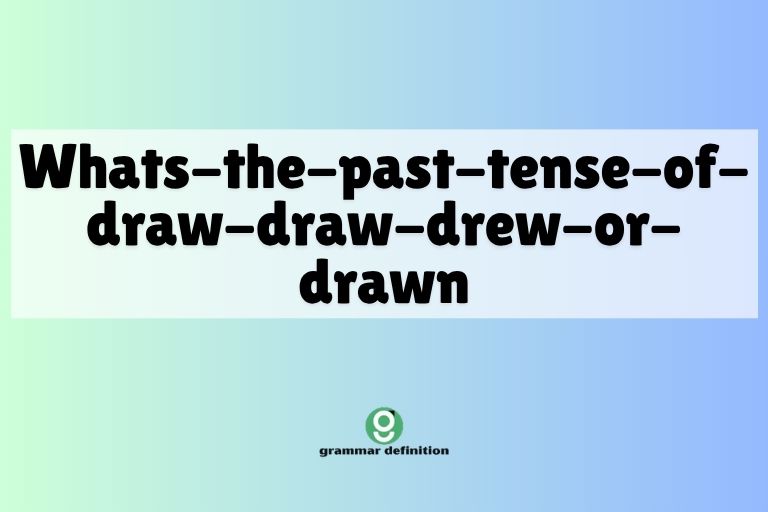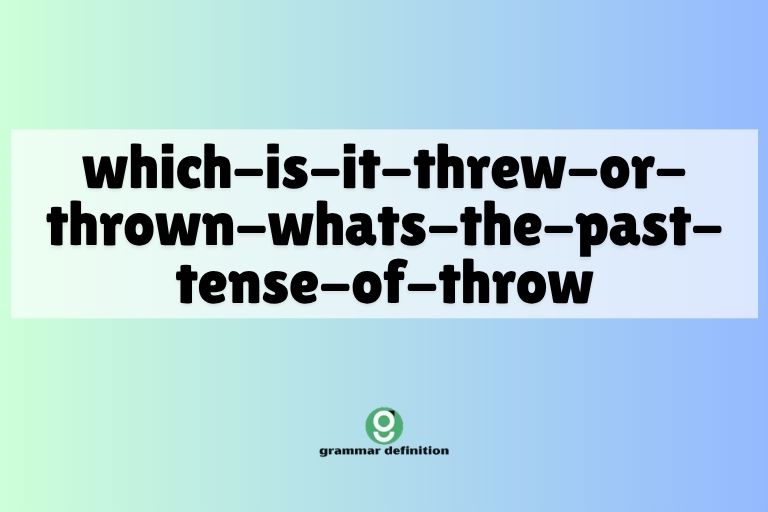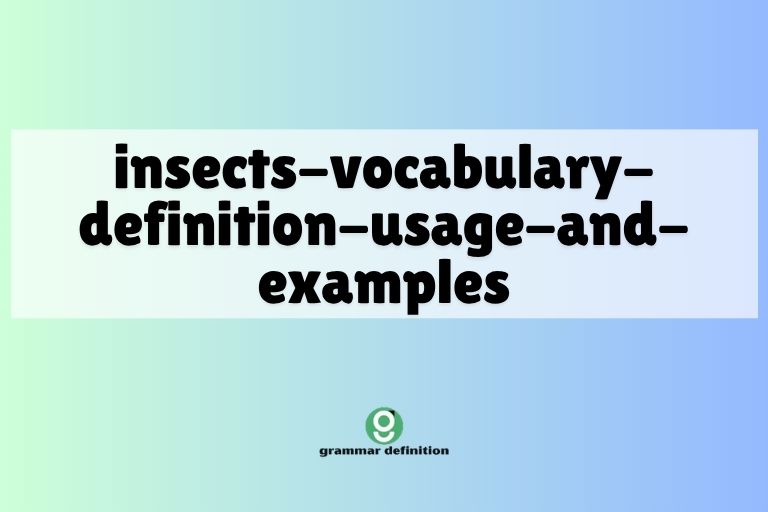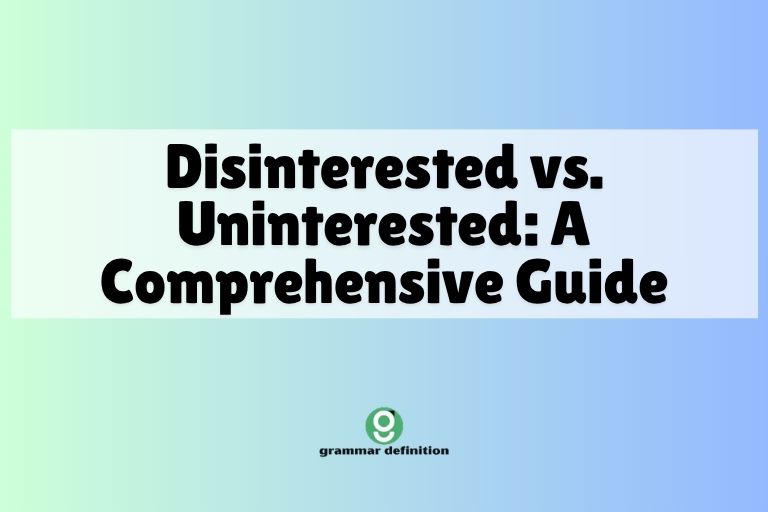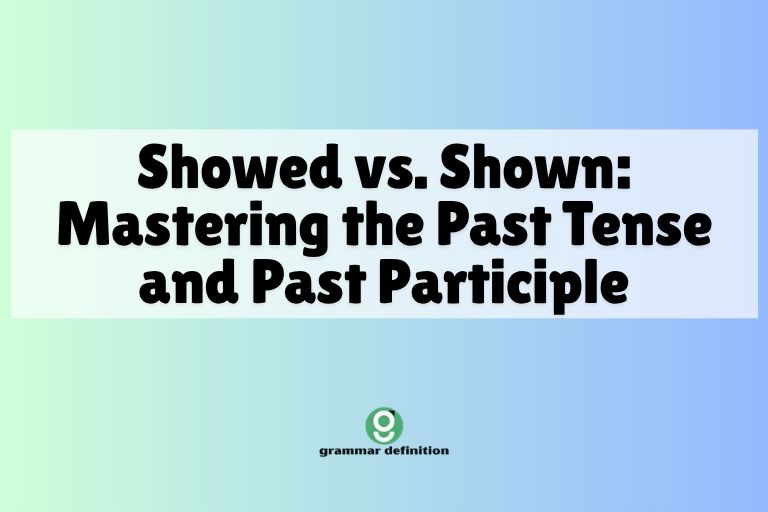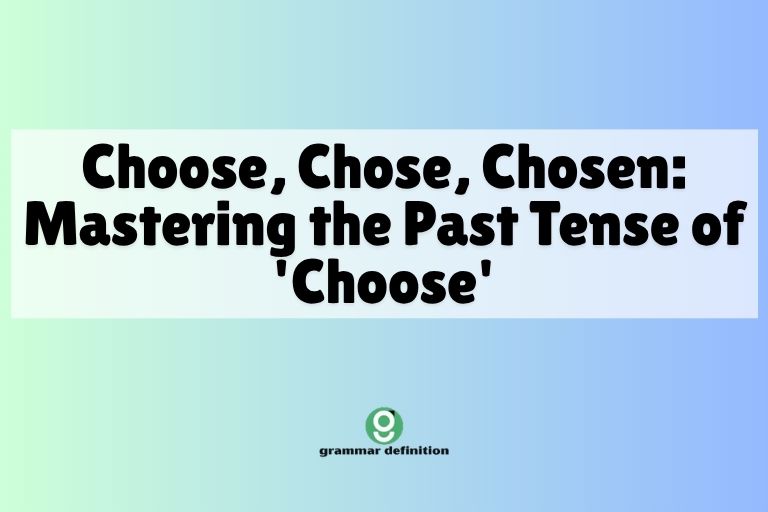Drive, Drove, or Driven: Mastering the Past Tense of Drive
Understanding the past tense and past participle forms of irregular verbs like “drive” is crucial for effective communication in English. The verb “drive” is a common one, and knowing its correct forms enhances both your writing and speaking abilities. This article provides a comprehensive guide to the past tense and past participle of “drive,” covering … Read more

